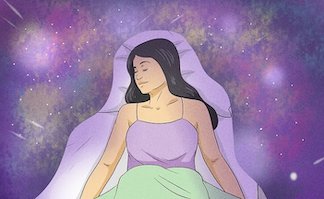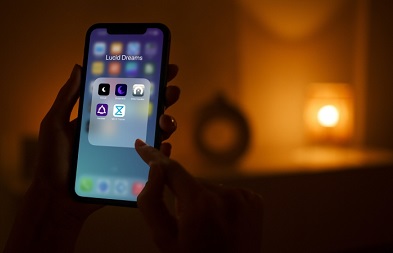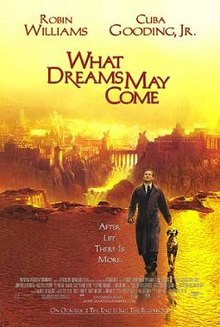Beauty Awakens Me Within A Dream
Submitted by Edgar Reyes on Fri, 12/19/2025 - 12:19
“What an incredibly beautiful cathedral,” I think to myself as I look closely at all the exquisite details of the art and architecture that surrounded me. The dark interior of the church is illumined by the sun’s rays that partially pierce through the enormous stained-glass windows to my left. “This looks like St. Peter’s basilica,” I continue. “Actually, it is EXACTLY like St. Peter’s.” I pause and wonder to myself, “Am I in St. Peter’s basilica??” I immediately realize that that is impossible -I was just in my bedroom not more than an hour ago. Then it hits me: I must be in a dream! And with that realization, I suddenly have full and complete awareness. I become fully conscious! My subtle body disappears and I am left with no body -I am simply a point of awareness floating around the inner space of the cathedral, admiring everything, including and especially the state that I am in. I feel more conscious than when I am awake! I become completely absorbed in the magnificent beauty of the palatial structure.
This lucidity lasted a minute or two before I wandered off to pursue a much more routine/mundane/habitual thing, like picking up my kids from school.
I have some after thoughts from this experience:
- Could I have actually, really been there, floating around in the space above the floor? This would have taken place at about 2 or 3 in the afternoon, Italian time. There would have been hundreds of people there, but in my dream, there were none. The church was empty.
- In retrospect, the cathedral was not an exact replica of St. Peter’s. The large stained-glass windows and the darkness of the interior reminded me more of Milan’s Duomo, but it wasn’t that either.
- The extreme contrast between my daily life and the beauty I beheld there is what triggered the awakening. I’ve been thinking a lot about beauty lately -what is it, why it’s important, how to experience more of it, etc. This experience gives me one more question to consider: how is beauty related to the awakening of consciousness?
I would love to hear your comments or thoughts. Please leave them below.




